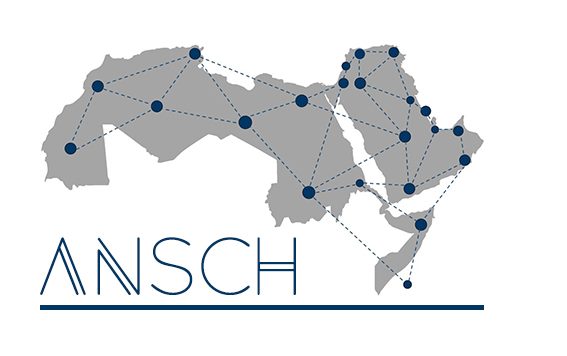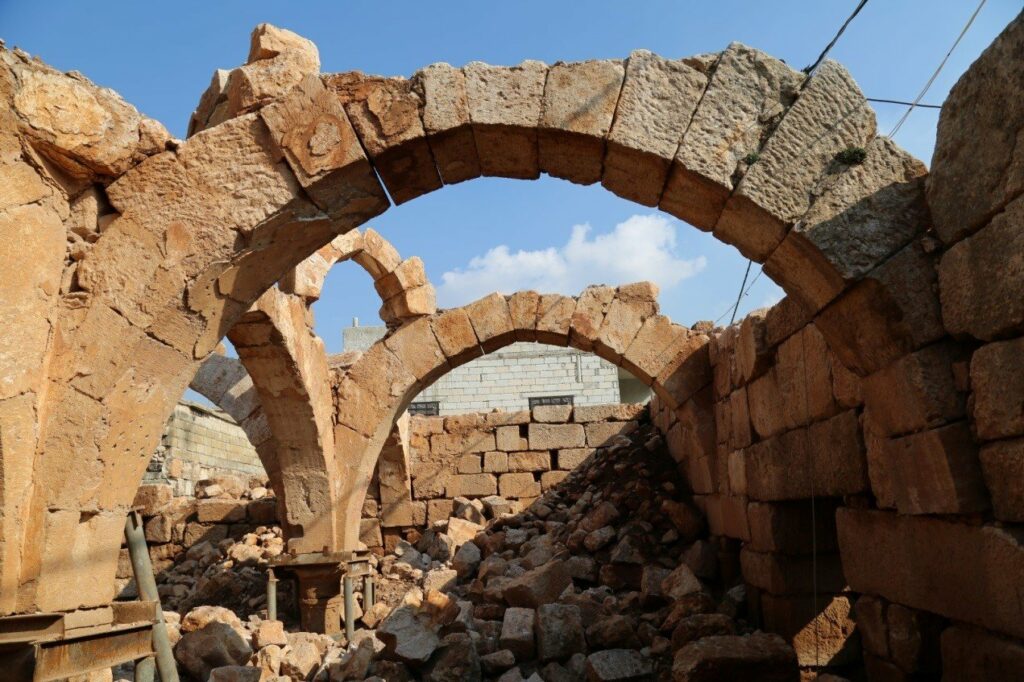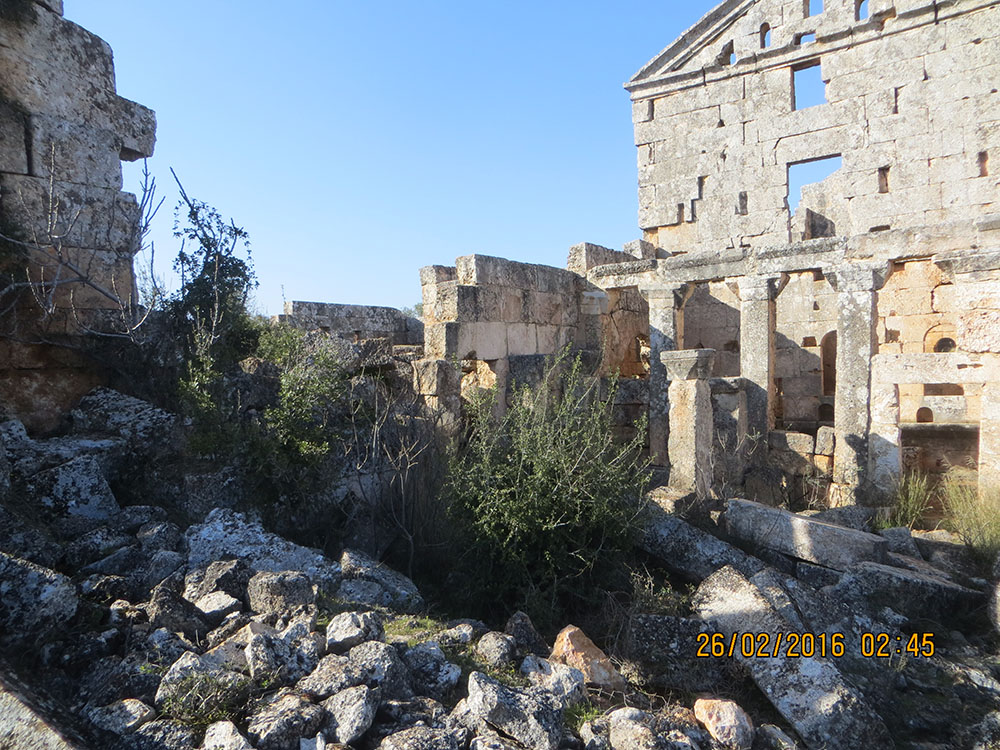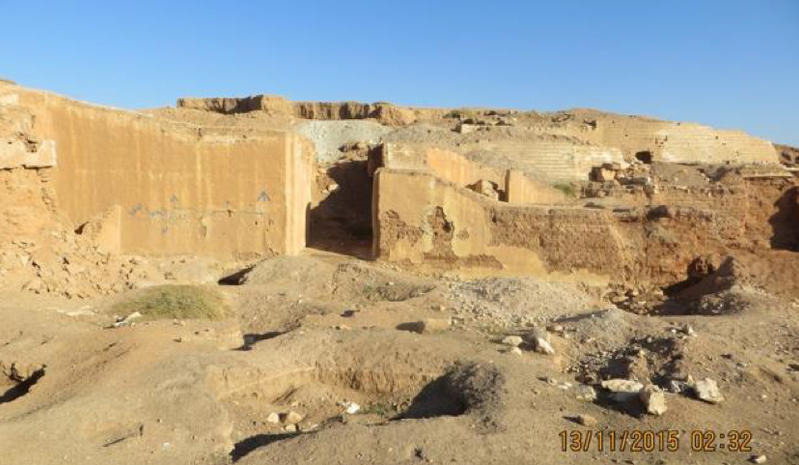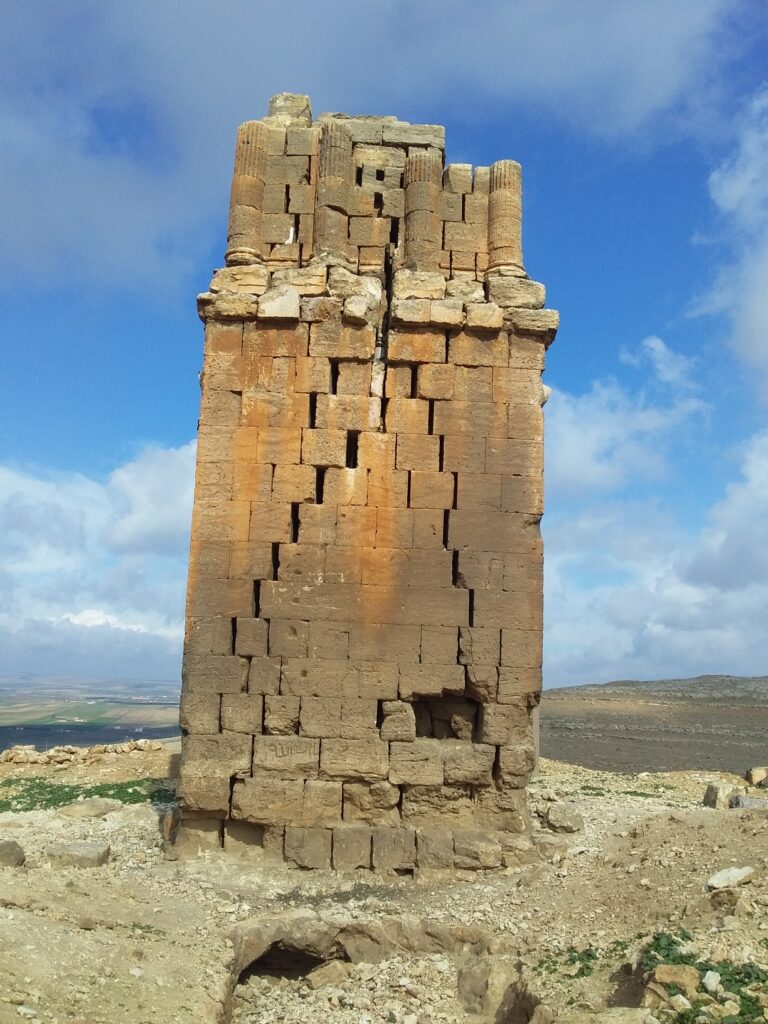
The recent earthquake in Syria has exacerbated the already dire situation of the historical and archaeological sites in different areas in northeast, northwest and costal region in Syria which have long been endangered by the ongoing conflict and the effects of climate change. These sites, including ancient cities castles, mosques, churches, historical monuments.
However, the conflict and the increased humidity resulting from climate change have weakened the structures over time. The earthquake has caused significant damage, resulting in cracks, fissures, and collapses in walls, arches, and reservoirs, further endangering these important sites.
Cultural heritage authorities are now faced with the challenging task of assessing and repairing the damage, as well as implementing emergency response and preventive measures to ensure the preservation of these valuable cultural heritage sites.
Heritage For Peace worked these last days within its initiatives ANSCH (the Arab Network of Civil Society Organizations to Safeguard Cultural Heritage) and in collaboration with several civil society organizations inside Syria, to monitor the impact of earthquake on cultural heritage in Syria. The monitoring work will include the affected regions in northeast Syria, northwest Syria and coastal regions. The first motoring report is now for northeast Syria to download
and in the coming days we will continue to publish more reports to follow up more about the impact of earthquake on cultural heritage
Follow ANSCH social media channels in Twitter, Facebook and LinkedIn
